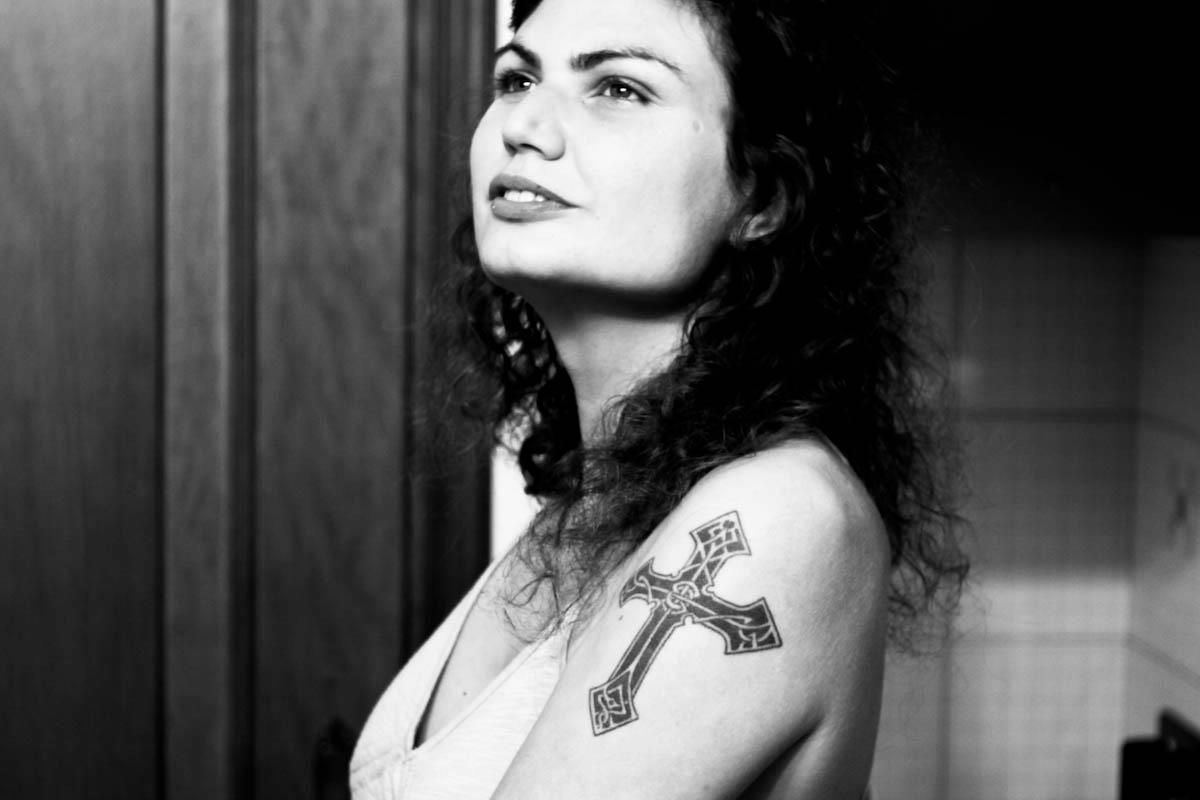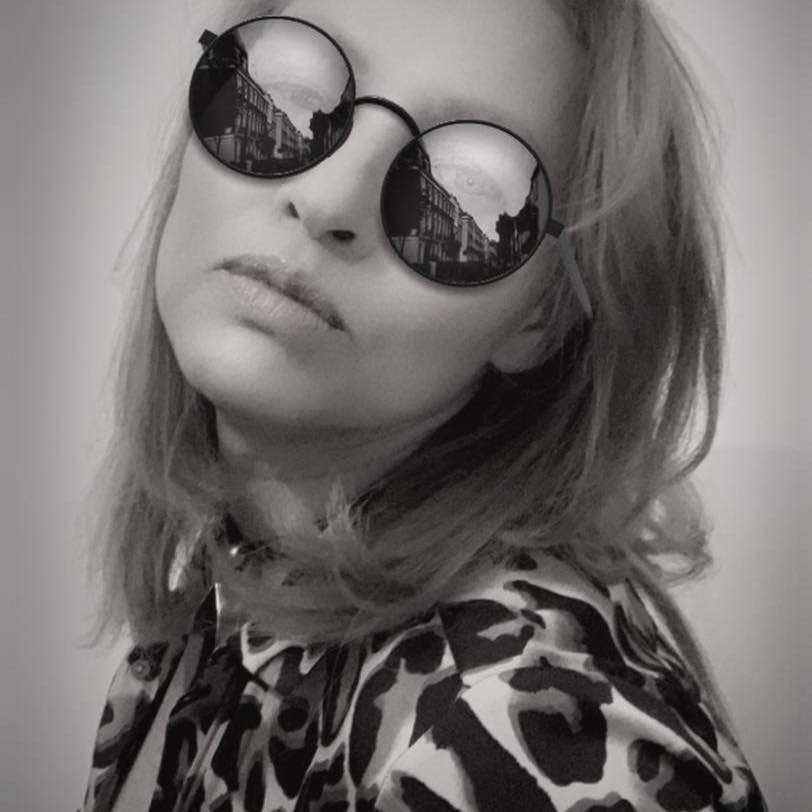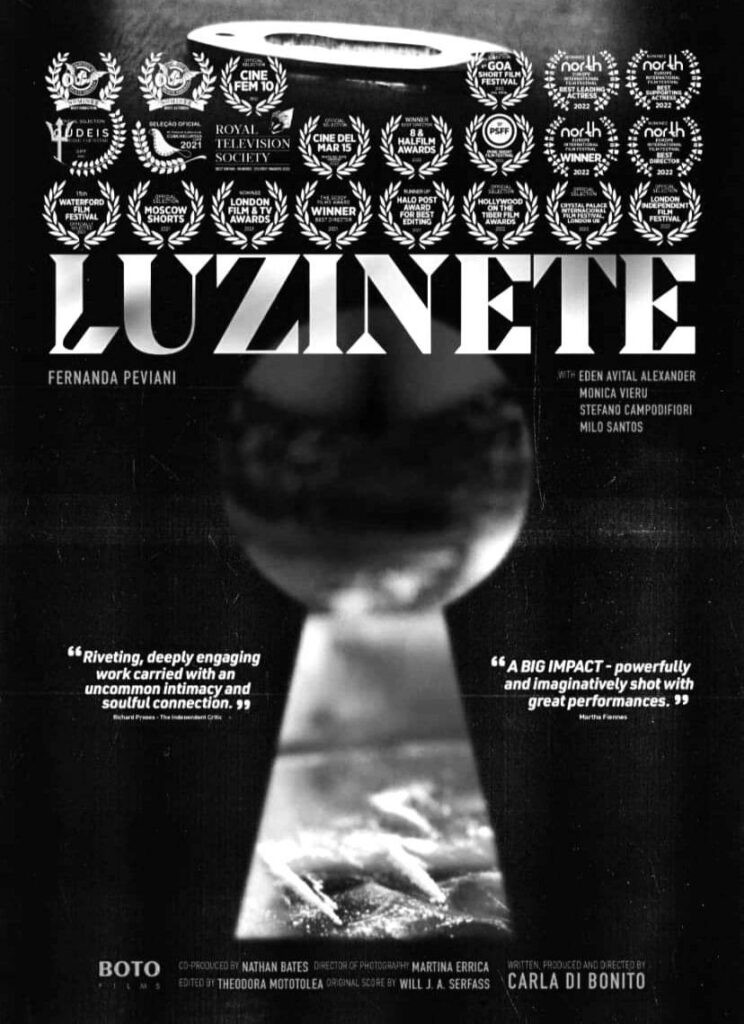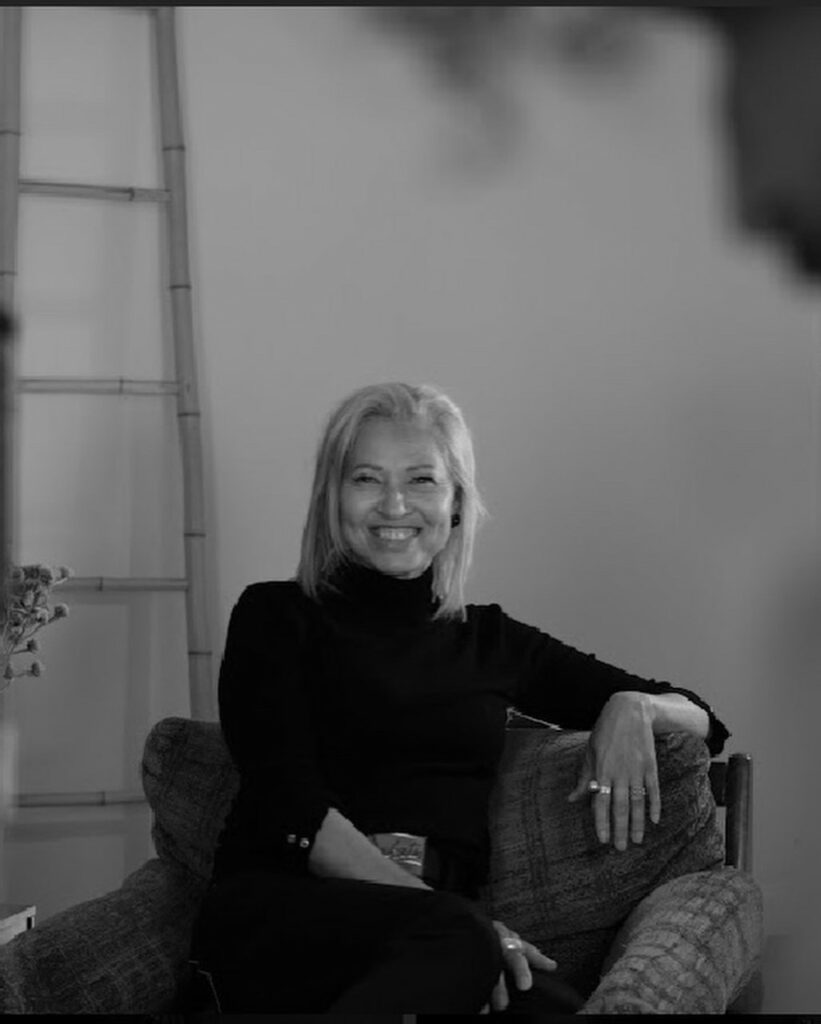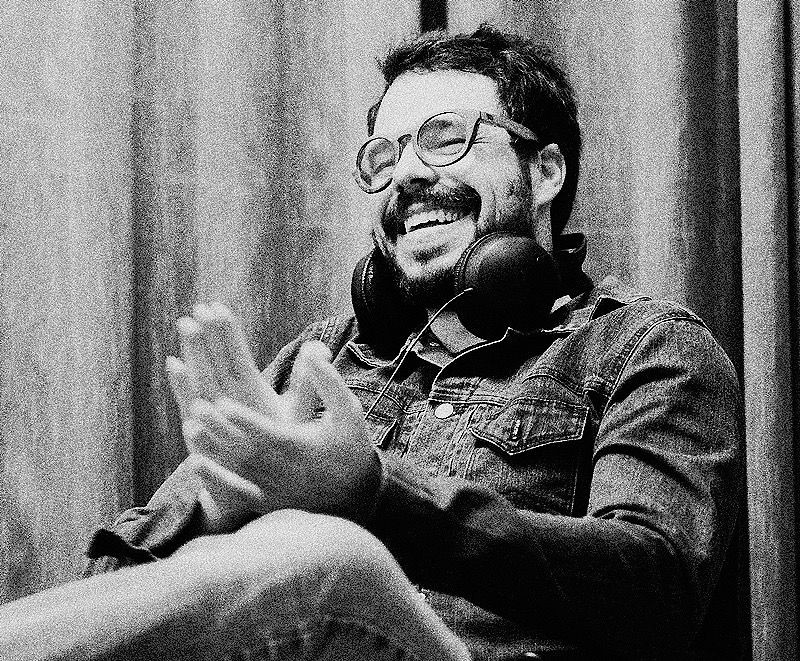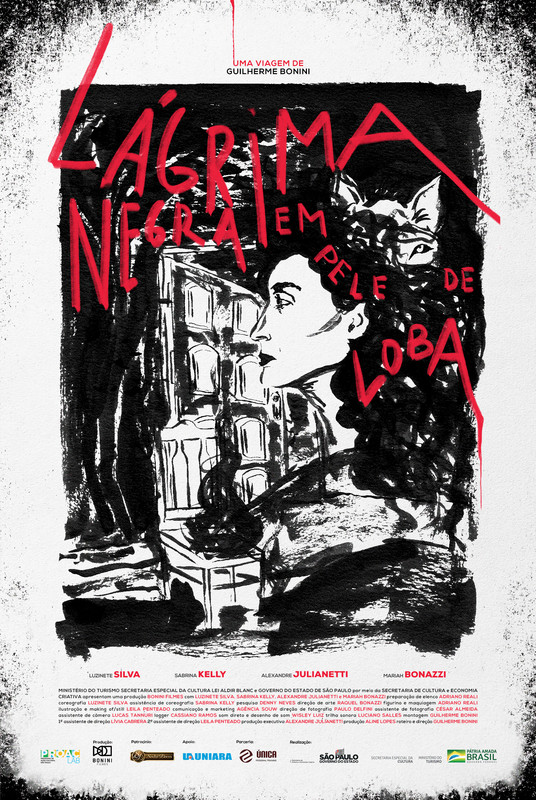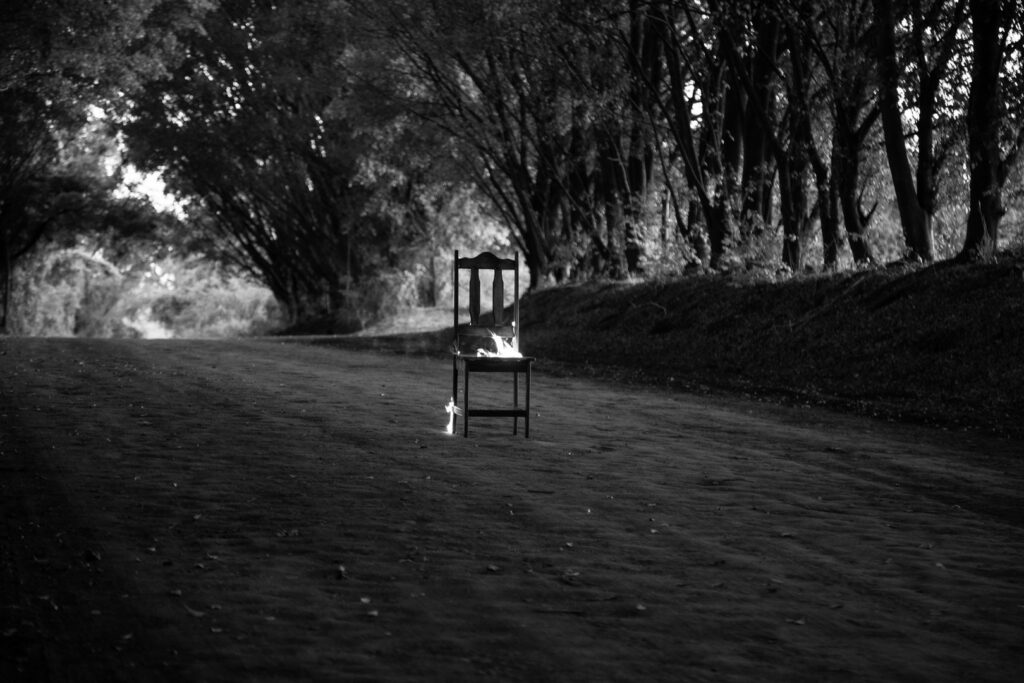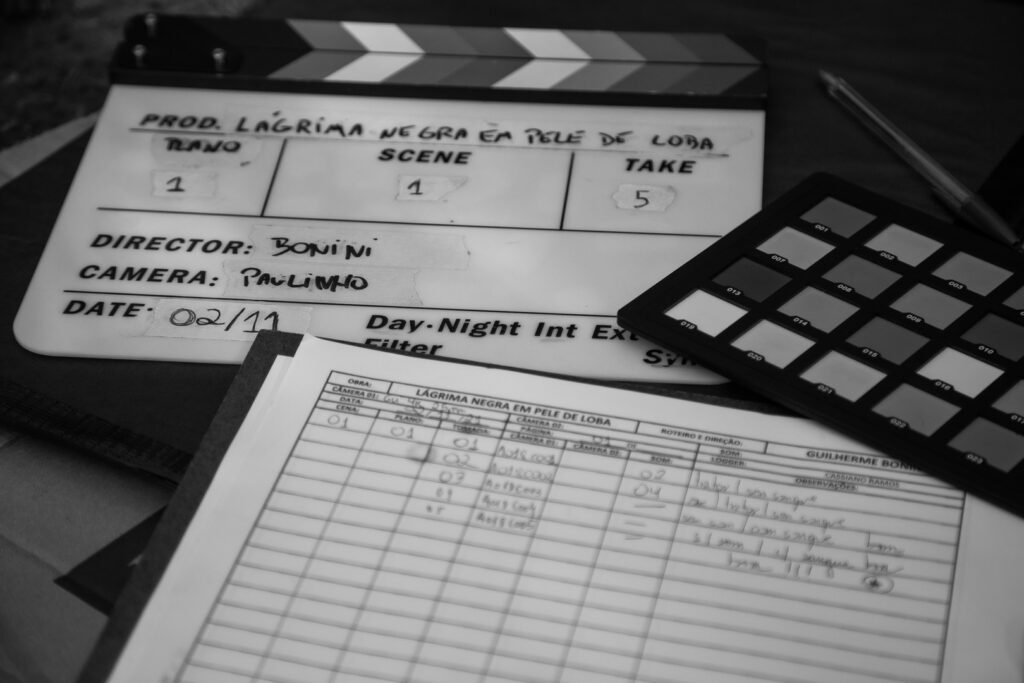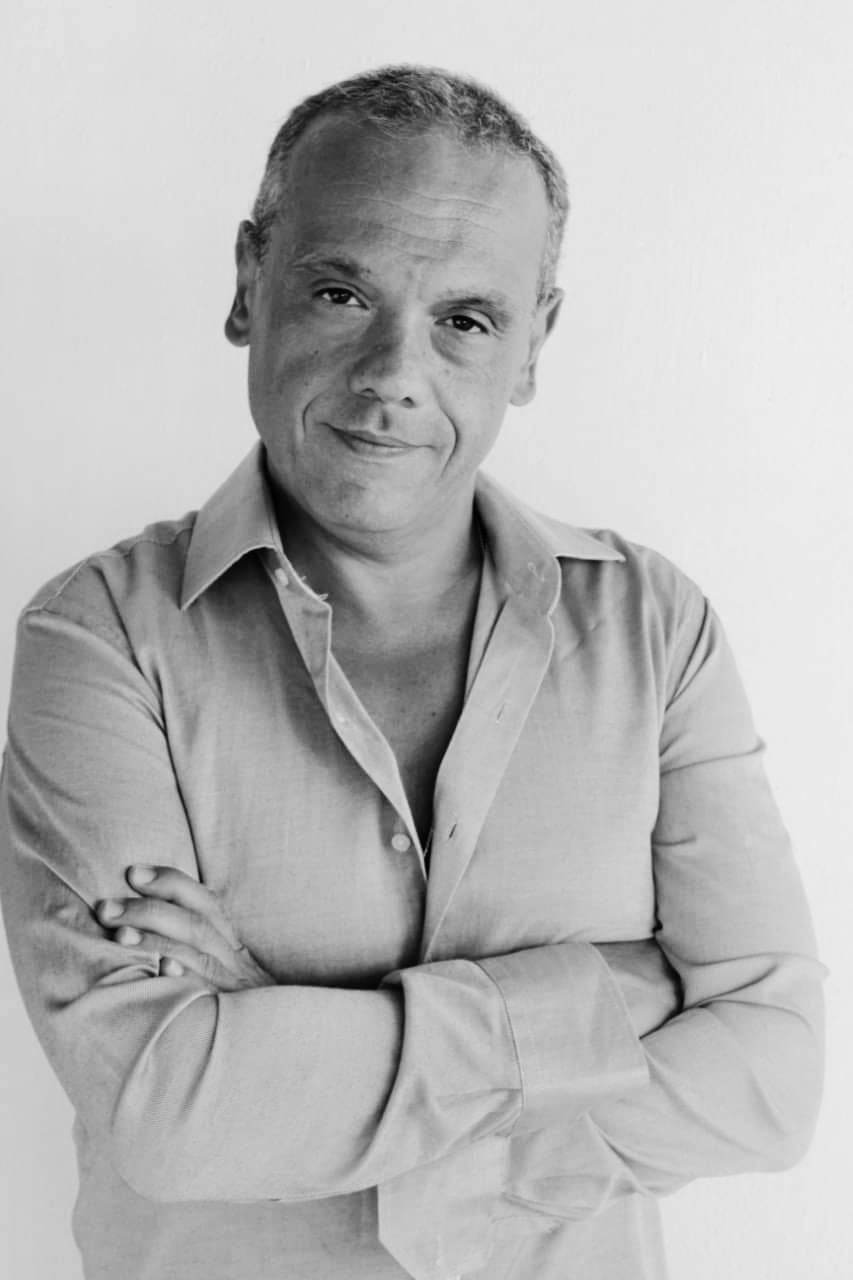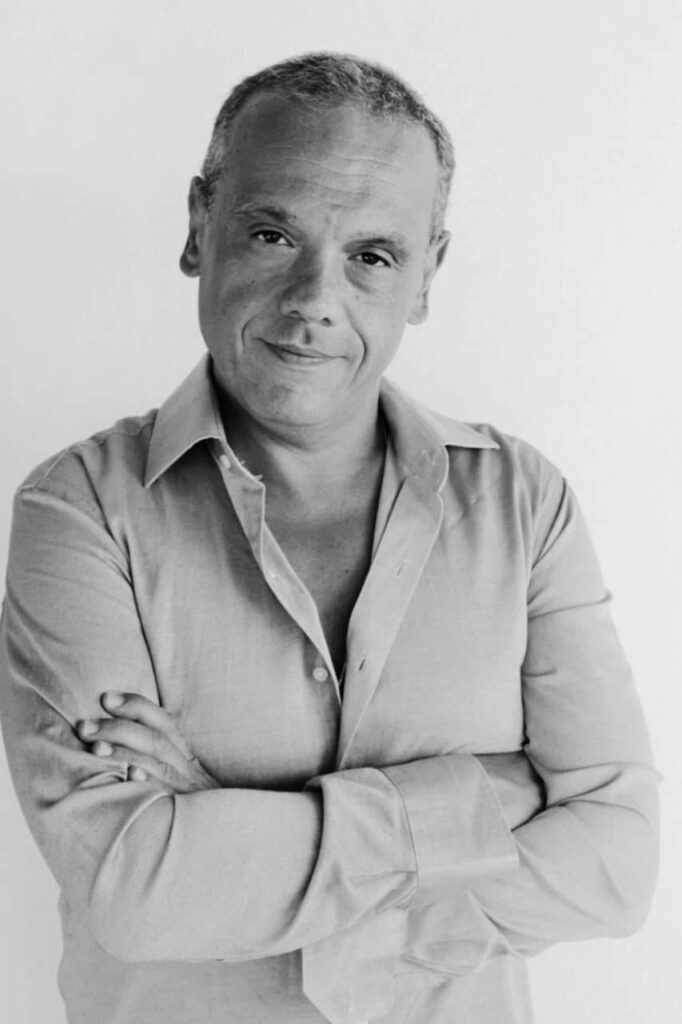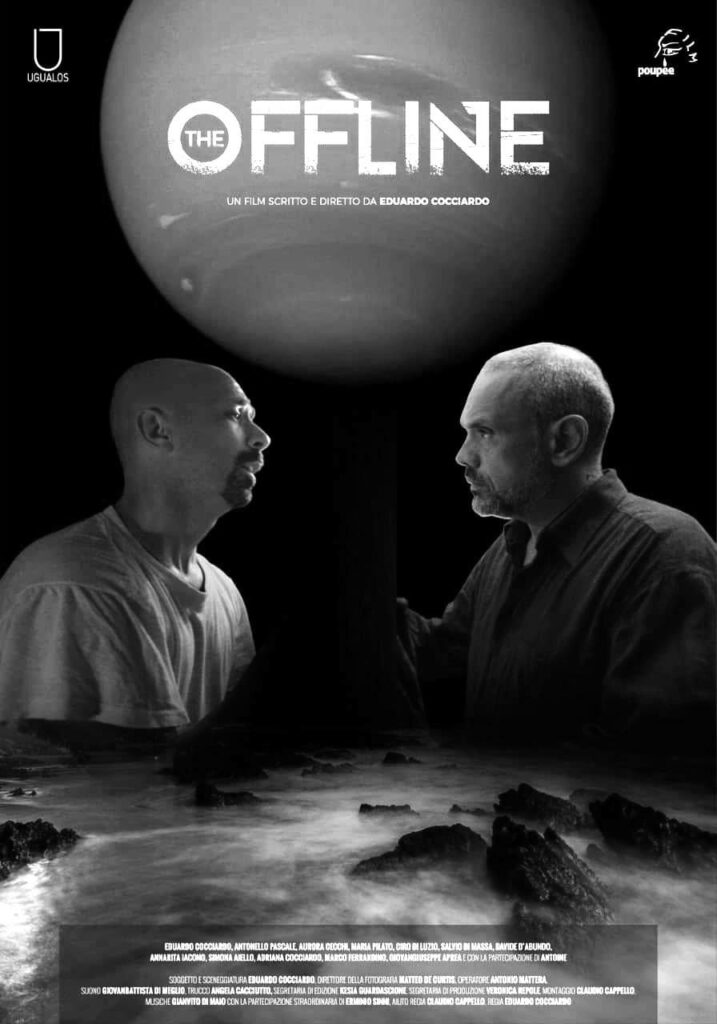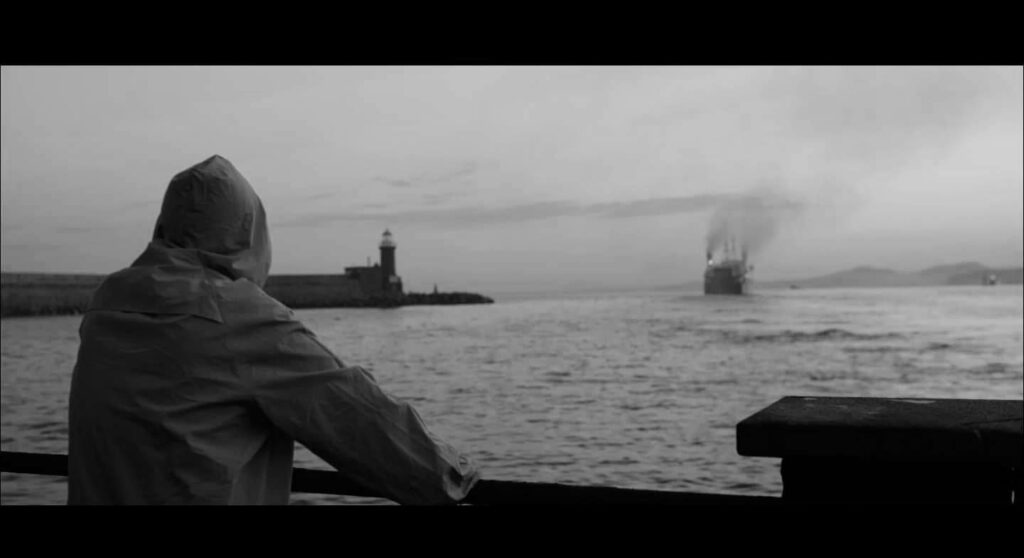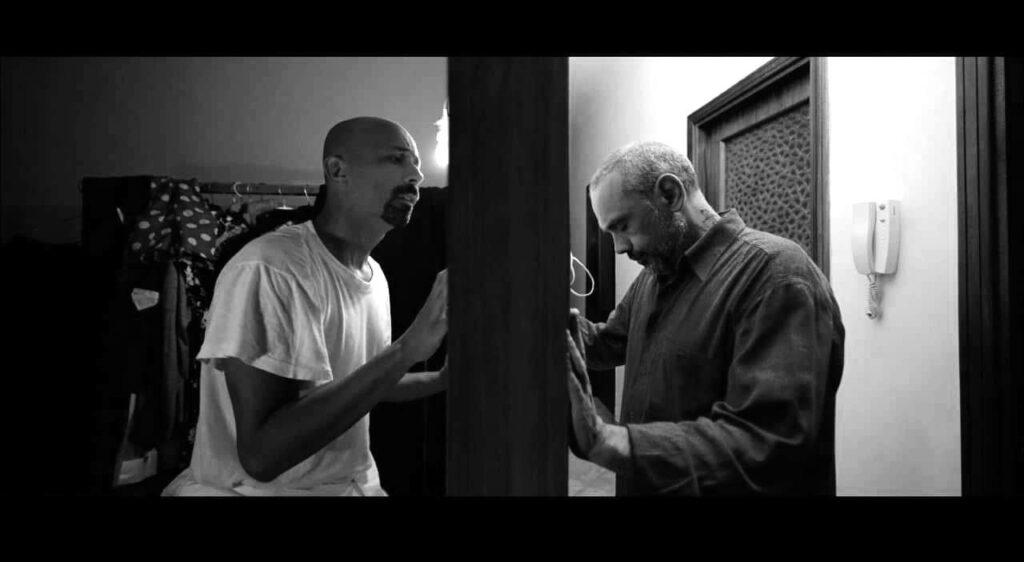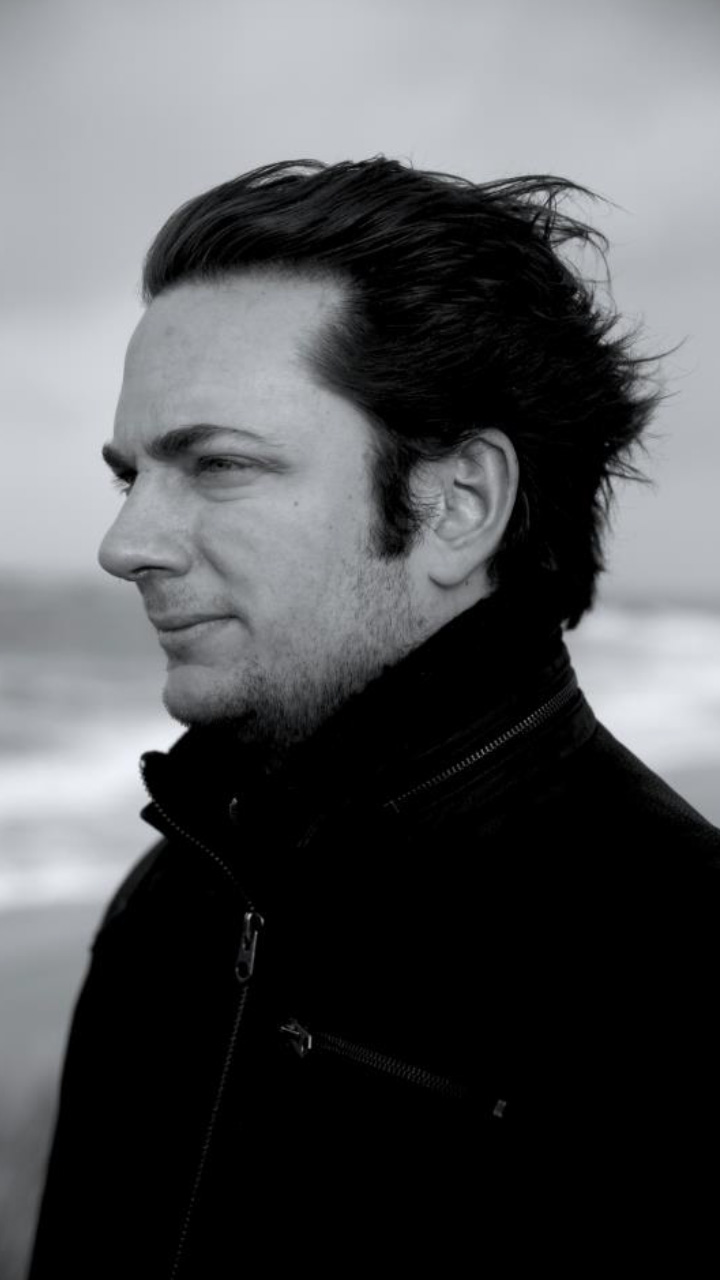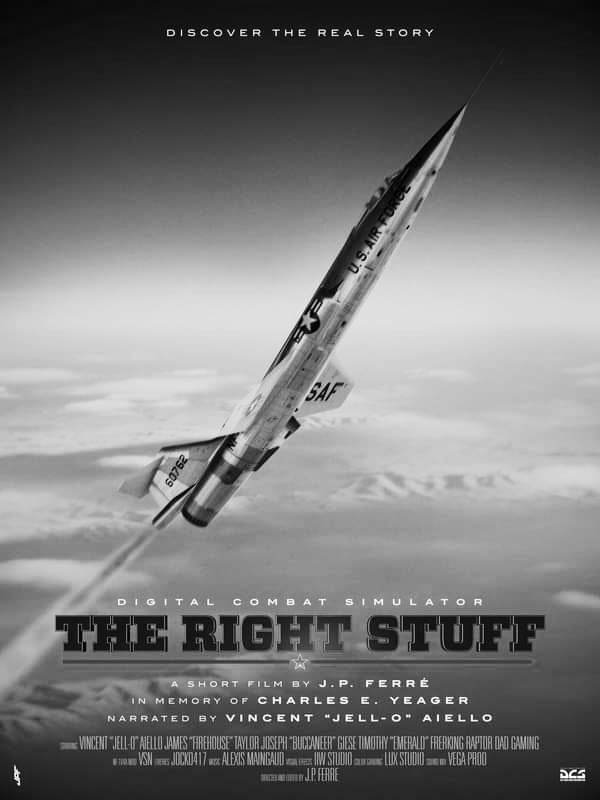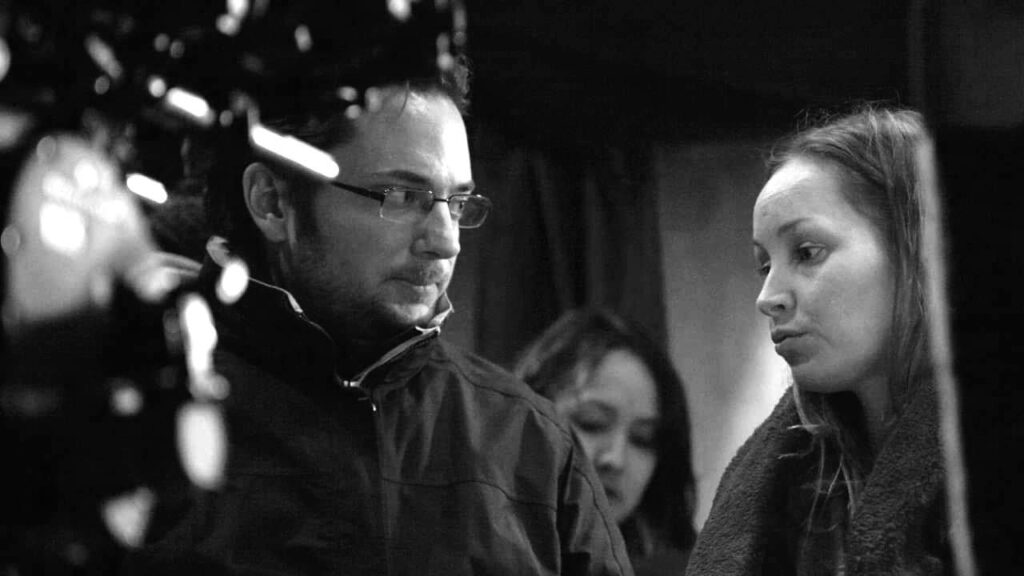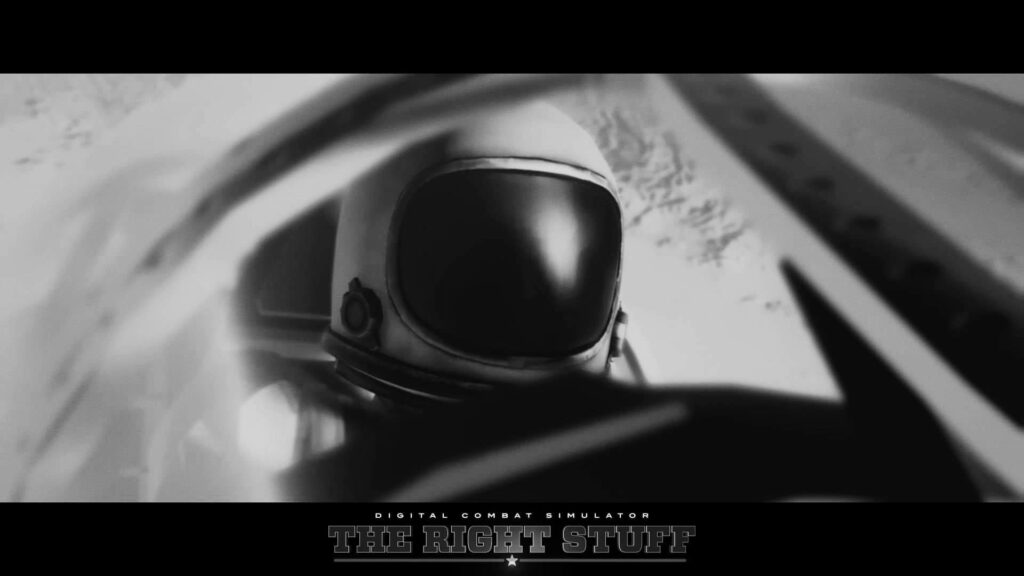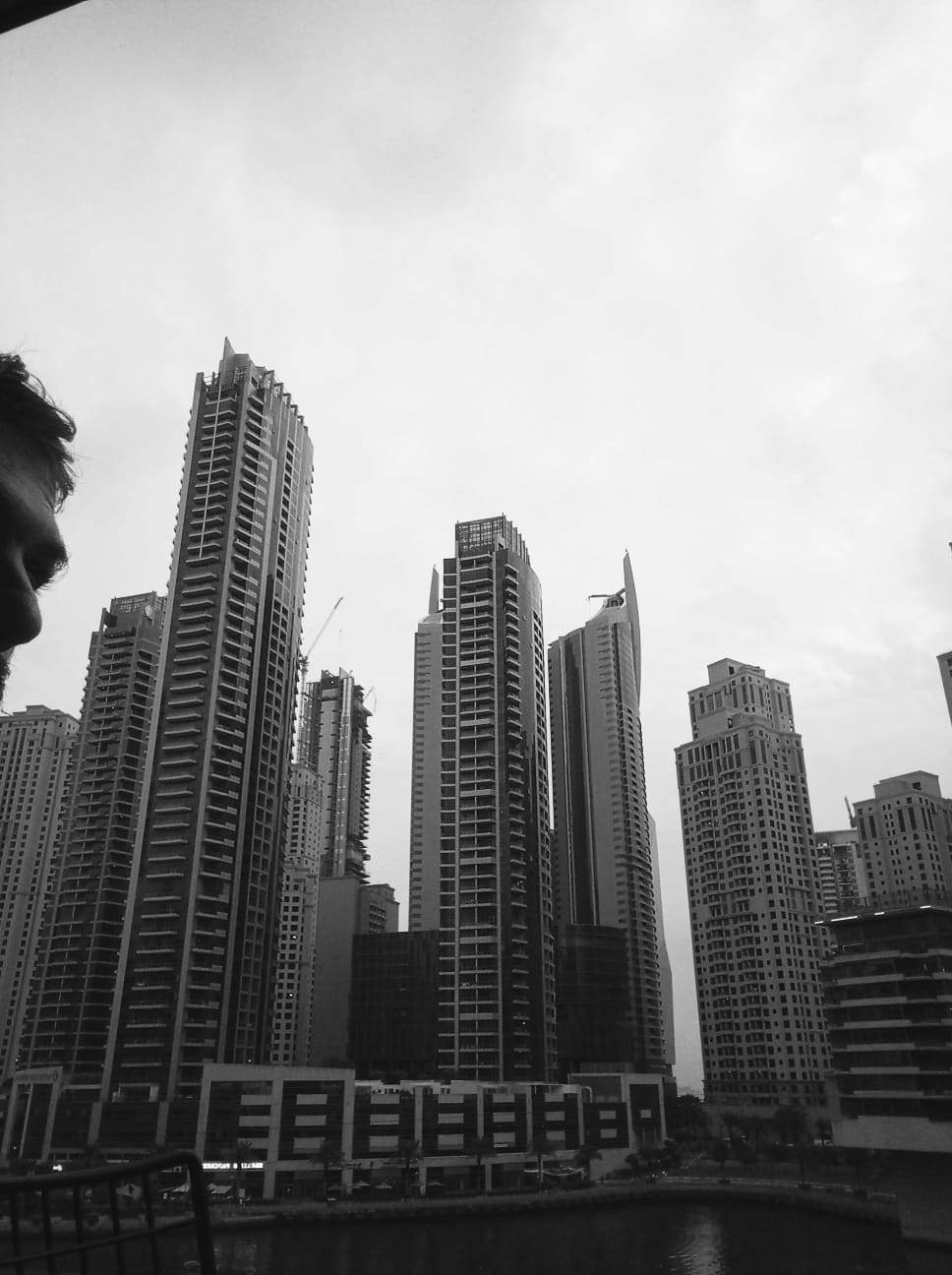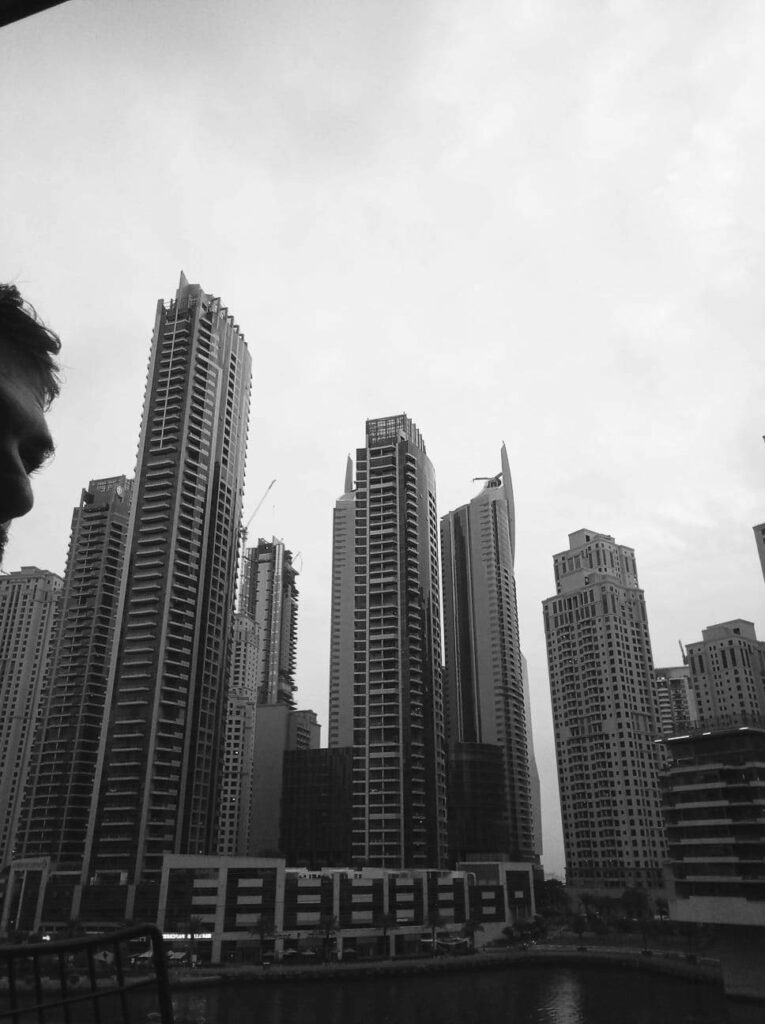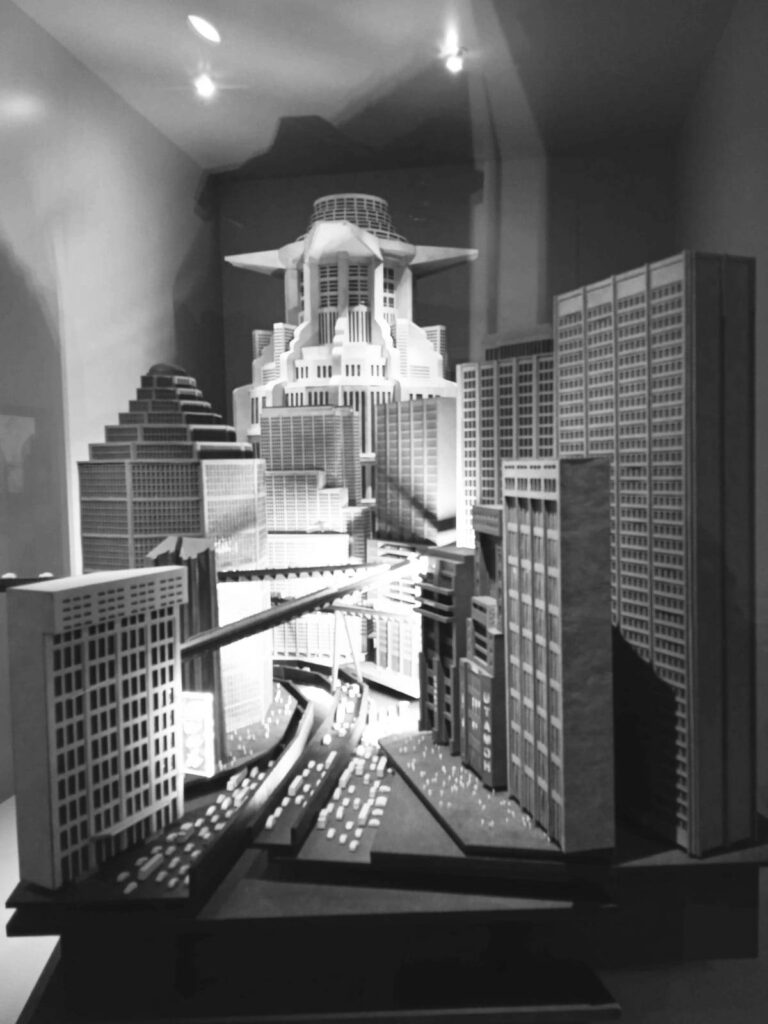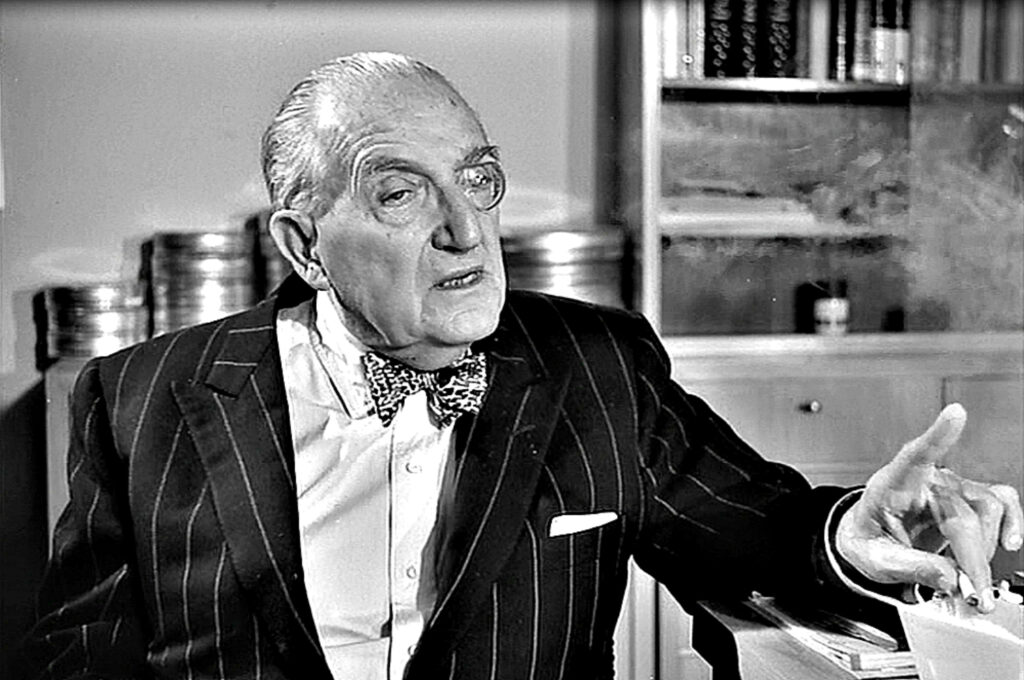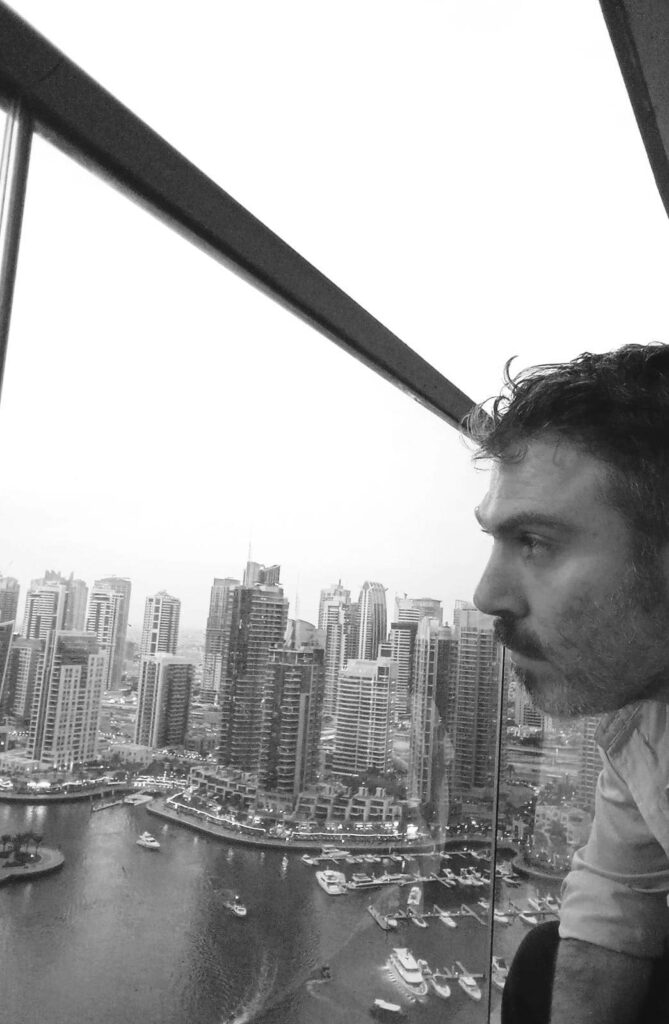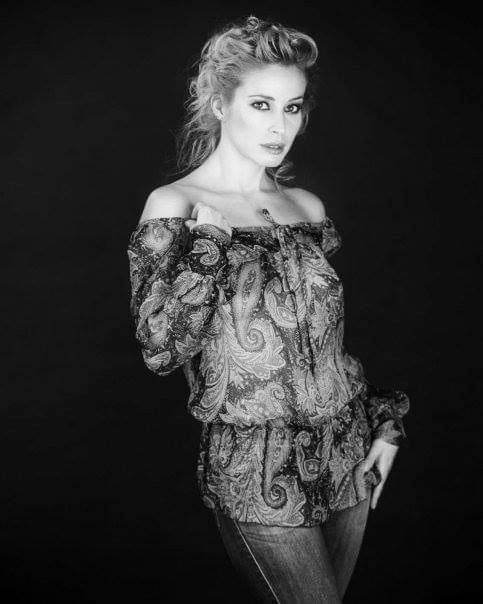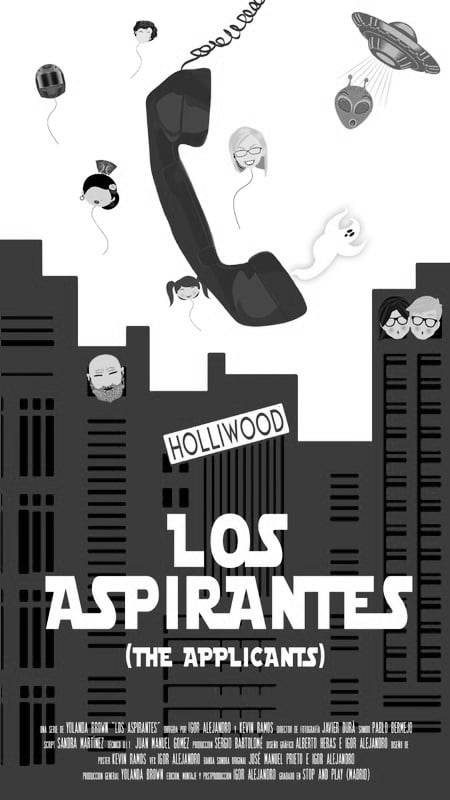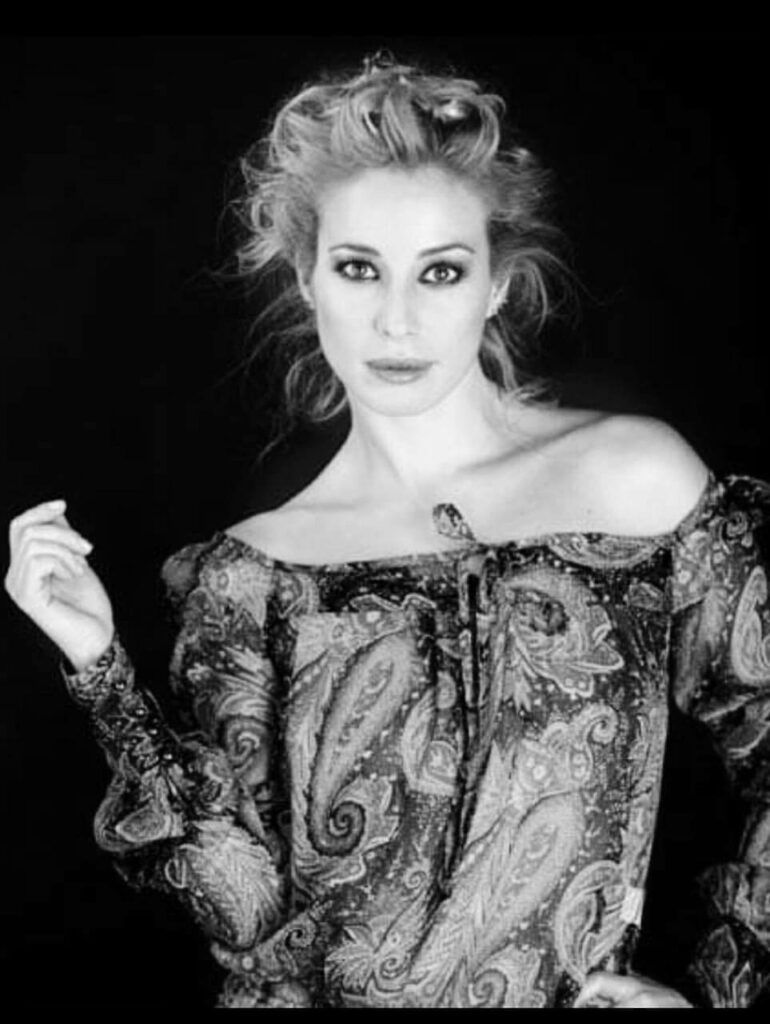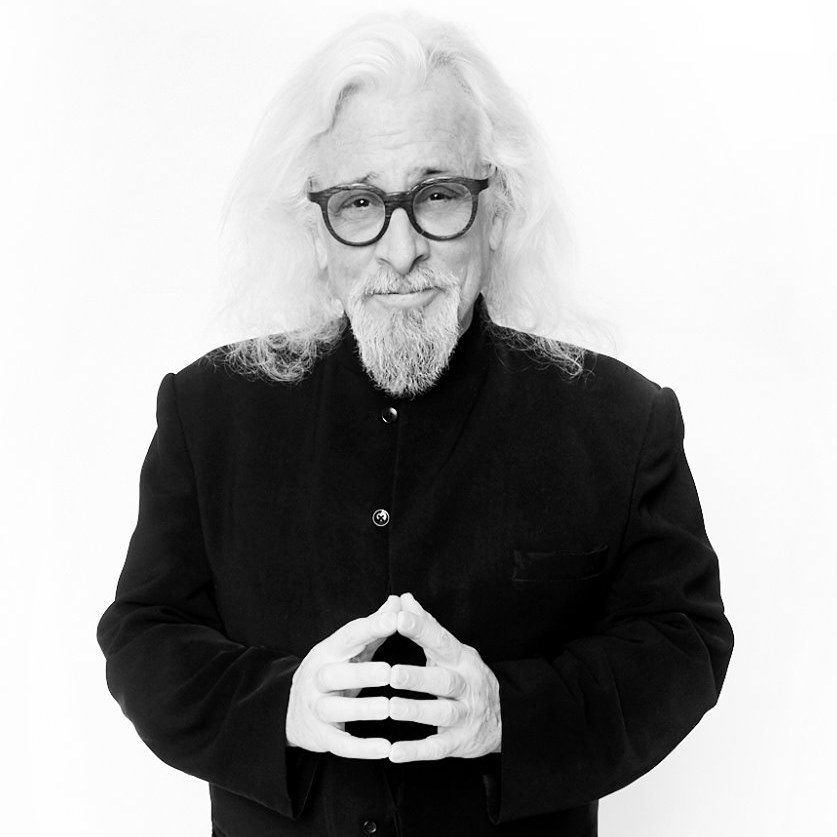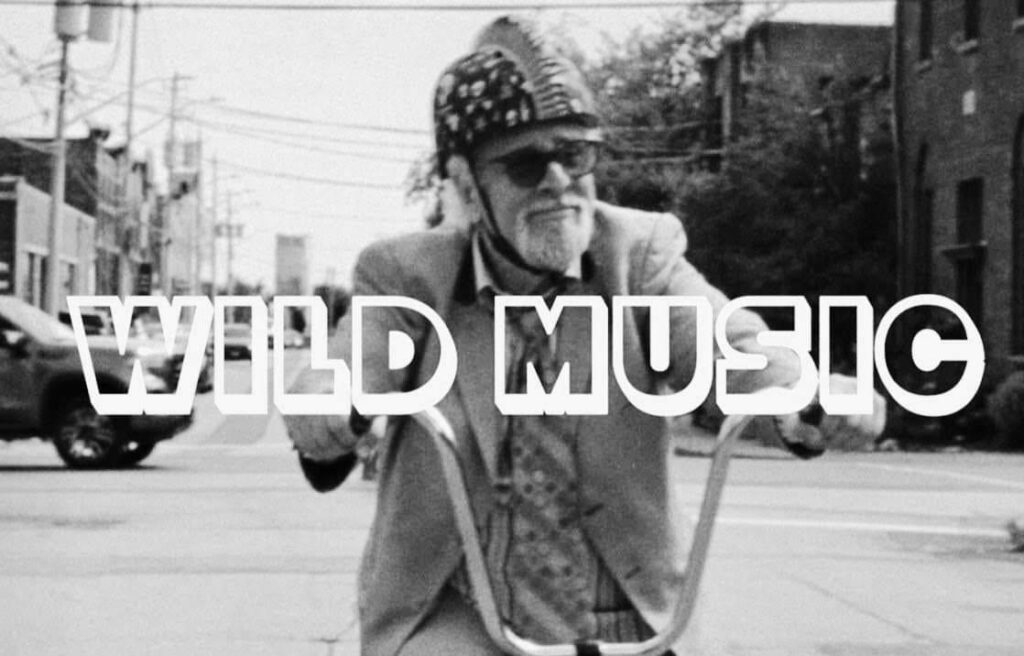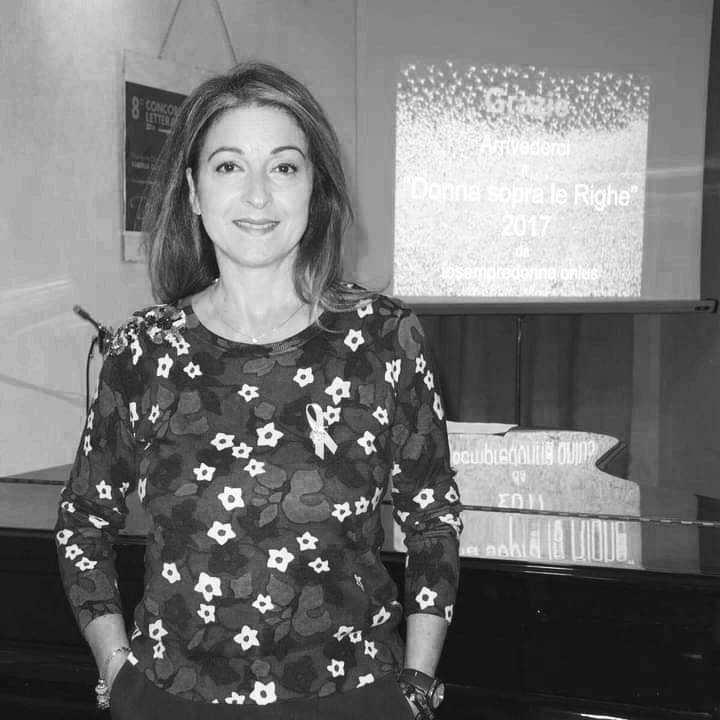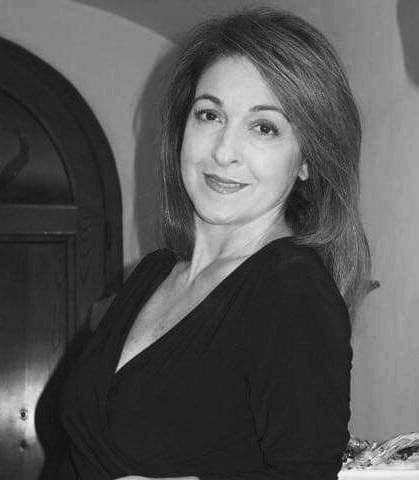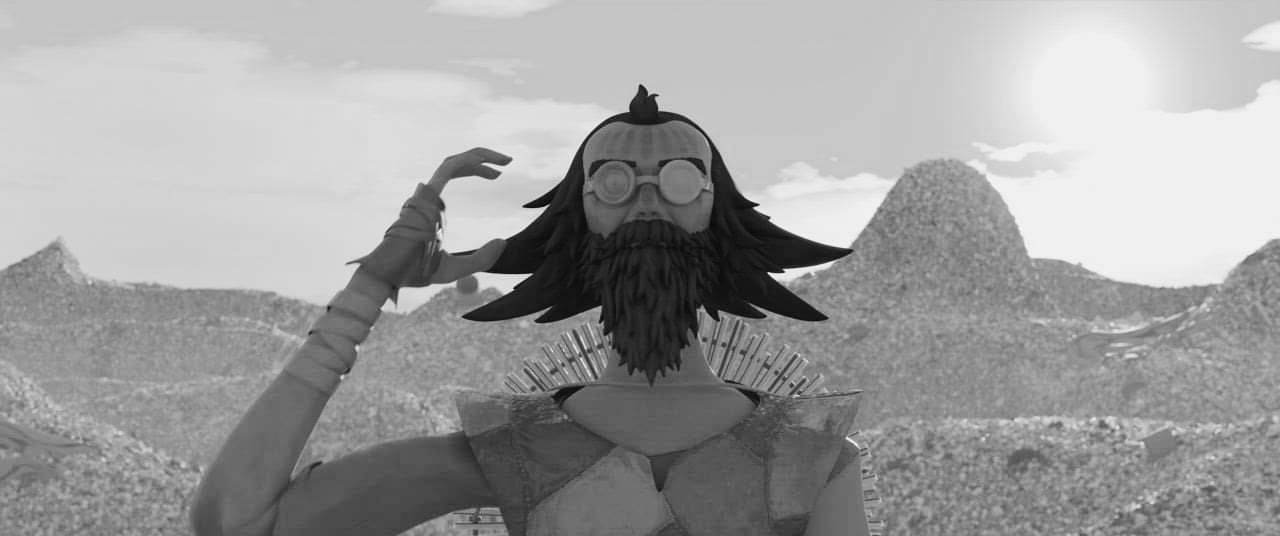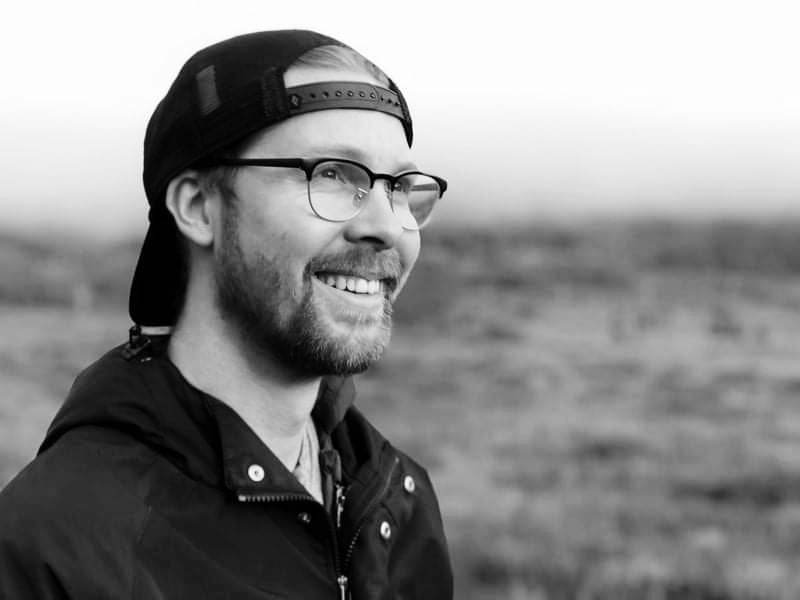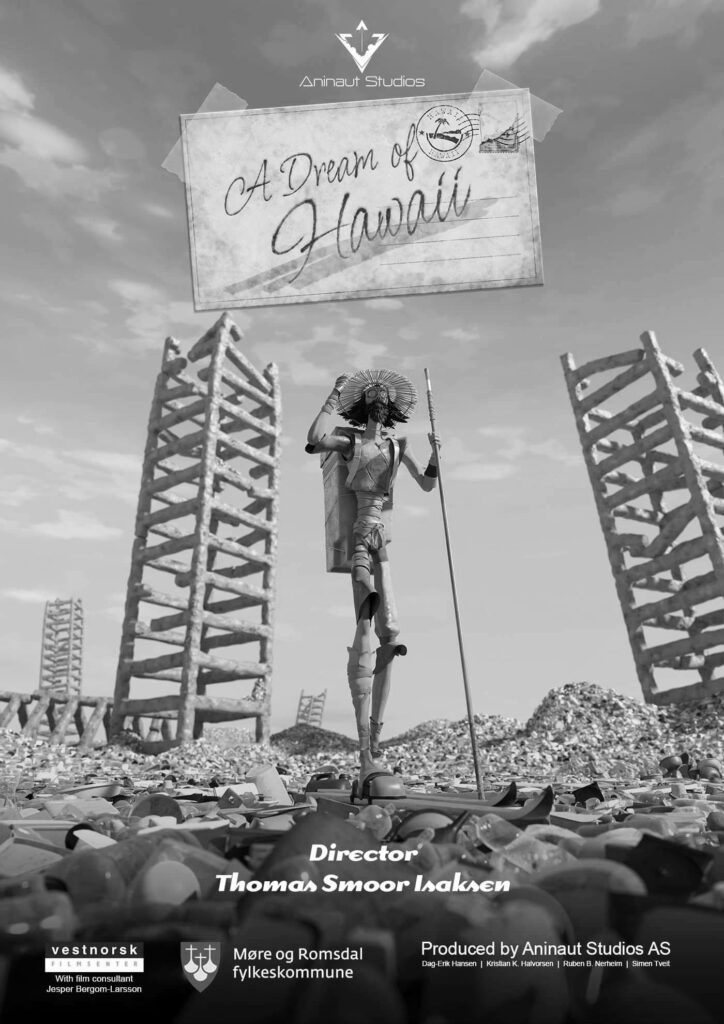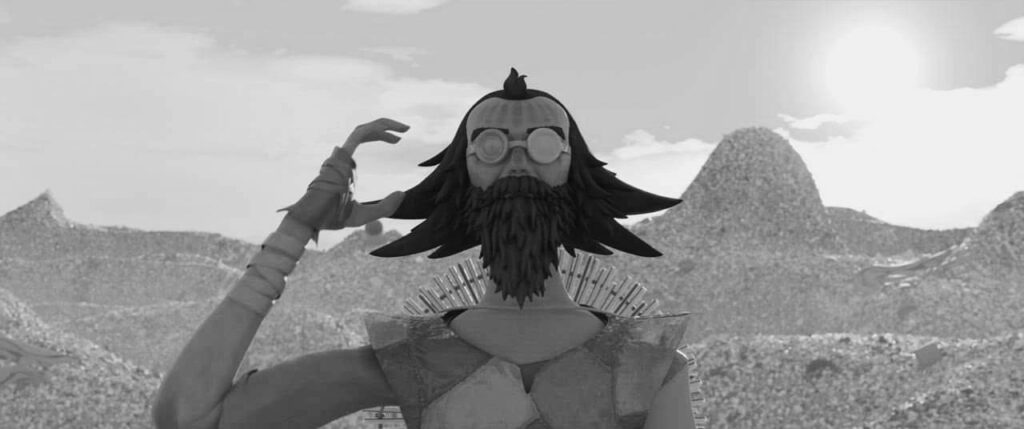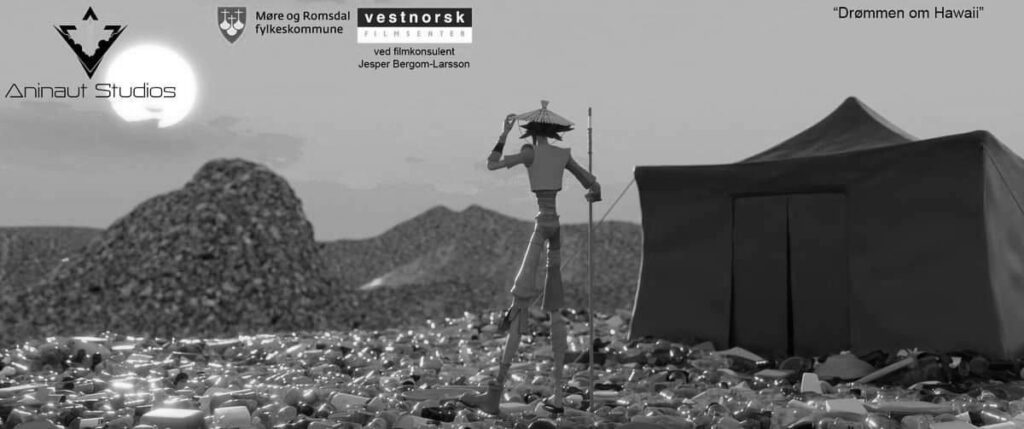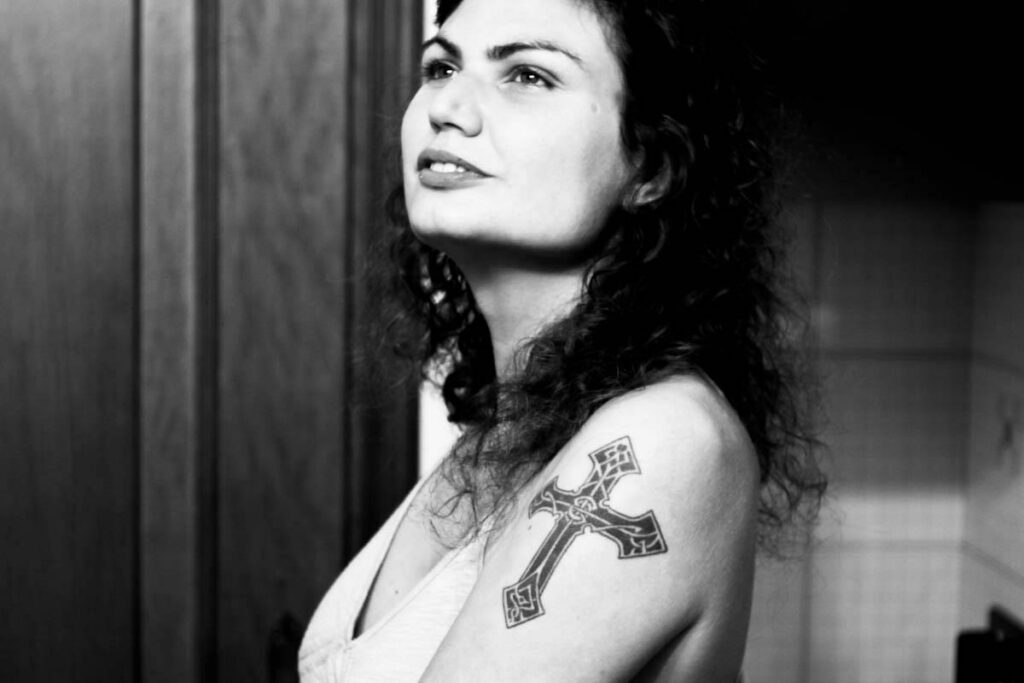
-Who is Giulia Efnael Viero?
I have a degree in Communication Sciences and I was born as a photographer in 2008, within the Flux Lab Association of Turin, Laboratory of Integrated Arts, where I come into contact with numerous artists of the Turin scene. Thanks to the fact that I won “CRITICA IN MOVIMENTO” award, Studio 28 Tv, I was introduced into videomaking and I stared to collaborate with the Italian Web Television platform “Studio 28Tv” and the European one of “Share Culture Tv”. Parallelly to my adventure as a videomaker, I began a profound journey of inner research, through Yoga and meditation, becoming a Yoga teacher and working within the research group on the nature of consciousness “Il Filo d’Oro” with Daniel Lumera, international researcher and trainer in the area of meditation and well-being. These two passions, one for art and one for the holistic disciplines, will end up coming together more and more: I started documenting themed conferences, creating video art projects, and I ended up making my own first documentary film: THE SILENT REVOLUTION.

-What ispired you to became a filmmaker?
I don’t define myself so much as a filmmaker, rather as a poet.
I started writing poems when I was young and when I met photography first, and video later, for me they have become “new pens” with which to write and share the poetic world that I have inside and with which I read the reality that surrounds me.
-Do you think the cinema can bring a change in the world?
Yes, of course, otherwise no one would finance large productions, for example! I think, for example, that Hollywood cinema has greatly influenced our lifestyle.
What I regret, or rather what I wish, is for people to be more interested in “independent cinema”. You can find “free voices” here, and digital works of a high level of quality too. People who really believe in the message their film wants to convey otherwise it’s impossible to deal with all the work involved. I think that when there is a large amount of funding behind a film, perhaps there is also great interest in the message that the film should convey.
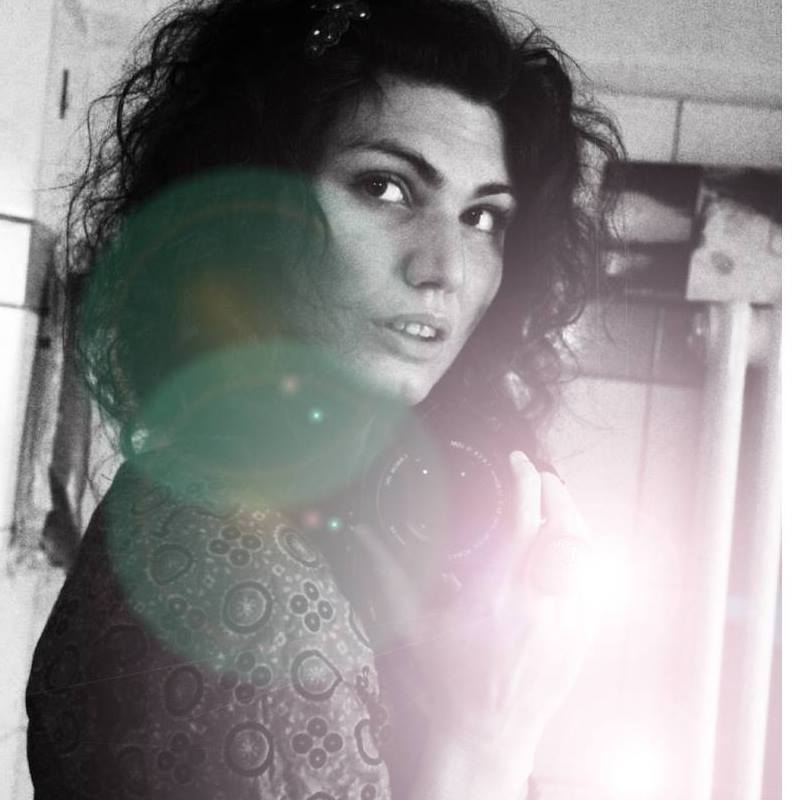
–What would you change in the world?
I’d like to answer this question by quoting my film. Particularly mentioning something really deep and strong in me, which one of the main characters Julia, says:
“One of my ideals, which I feel strongly, it’s about the concept of perfection…and this has brought me a lot of tension, a lot of suffering, in trying to get there, or being perfect myself.
But now I feel like…perfection is not something that we need to achieve, but something that exists already and the key is feel it.”
I don’t think the world needs to be changed, I think the world just needs to grow. You can’t get mad at a two year old because he can’t run!
You have to be patient, really patient, and help it grow, rather than fighting it, I believe.
–Where do you see the film industry going in the next 100 years?
I do not know really!
Maybe we could do things we can’t even imagine…5D like 5G!!
I don’t really Know, but given the speed of growth of technology and given the ever increasing possibility for everyone to create digital products also…I hope this can be followed by personal growth as human beings. A science of the Human Being.
And this is basically the message of my film and the reason why I’m very happy and honored by the last award won at Helsinki Education International Film Festival, in an avant-garde country not only from a technological point of you but also from that of the educational system.
